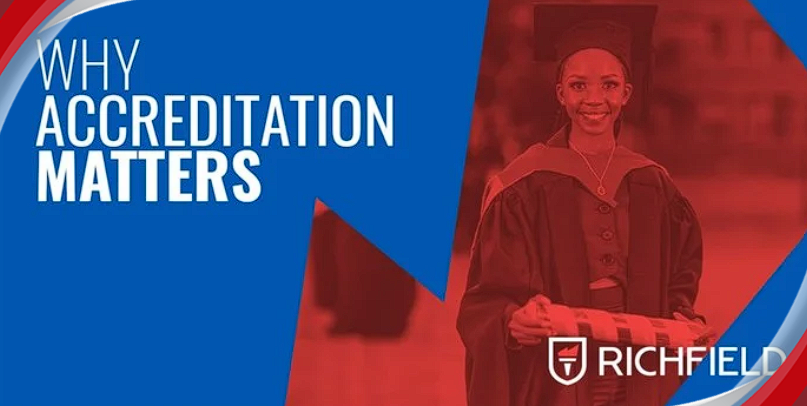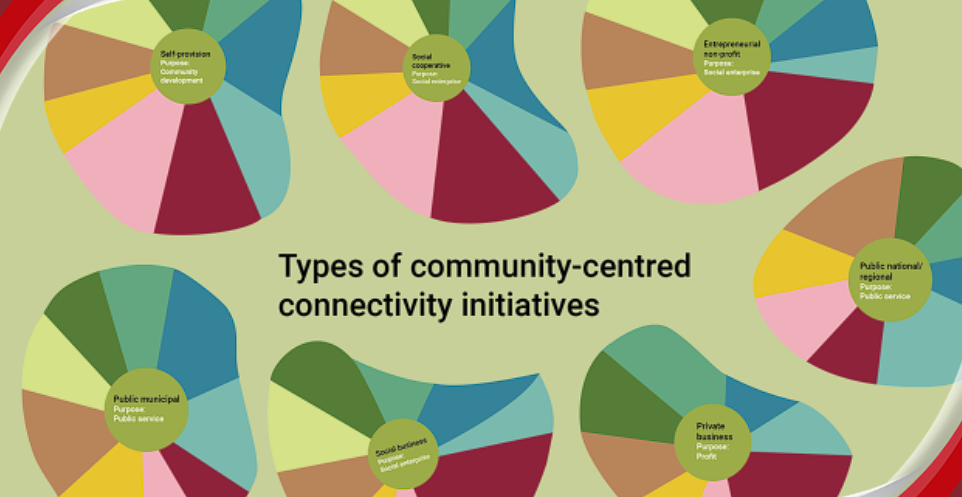Articles
A 5-month guide for Matric students preparing for final exams
-
7 months ago
While this is a tight timeframe for those who have not yet tracked and prepared their final strategy, it is possible - with dedication and motivation – to still lay a solid foundation before the first paper, an education expert says.
“Five months might feel like you still have plenty of time, but the reality is that if you aren’t yet in a comfortable habit of studying based on a revision plan, time is going to catch up with you,” says Peter Kriel, general manager at The Independent Institute of Education, a private higher education provider.
“Matric exams are crucial as they often determine your overall academic performance and can significantly impact your future educational and career opportunities.
“These exams not only test your knowledge and understanding of the subjects studied throughout the year but, directly or indirectly, also develop important skills such as critical thinking, time management, and problem-solving.”
Kriel says adequate preparation for these exams – starting right away - is essential because it will boost students’ confidence, reduce stress and ensure they can perform to the best of their ability, thereby securing the grades required to pursue their desired academic and career paths.
He advises students to immediately implement a five-month plan to organise their study routine and help them stay on track so that they will be ready and confident by the time the final exams arrive.
June: Organise and plan
“With five months to go, you still have time to set clear goals and understand your objectives. You should use this time to identify the grades you want to achieve and the subjects you need to focus on.
“Create a study schedule to ensure that you plan your time effectively, and develop a realistic study schedule that covers all subjects, balancing schoolwork and personal time,” says Kriel.
“The most important approach however is to stick to the schedule as at this stage consistency is crucial. You should also use this time to gather resources and materials.
“This may include all necessary textbooks, notes and any additional resources such as past papers.
“It is also crucial that you seek help now if there are topics you find particularly challenging.”
July: Build a strong foundation
With only four months to go, you should focus on active learning techniques such as writing down key concepts and points in your own words to reinforce learning, says Kriel.
You can also consider study groups since studying with peers can provide new insights and make learning more enjoyable.
“Regularity, consistency and sticking to your plan are key. It is also now a good time to complete past papers or sample questions to get familiar with the exam format and timing and to help you focus on aspects that you have not yet mastered.”
August: Deepen understanding
With three months to go, and if you met your deliverables in the previous month, you would now have a good idea as to where the gaps are, notes Kriel.
“The time is now to focus on weak areas to regularly assess your progress and keep identifying areas where you struggle.
“Spend extra time on these weak areas and use a variety of study methods like flashcards, mind maps and educational videos to keep things interesting and deepen your understanding.”
September: Intensive review
The preparation pace must now increase and become laser-focused on the exams which are two months away.
“It would be a good idea to practice and review by taking full-length practice exams under timed conditions, as this builds exam stamina and time management skills.
“Critically go through your answers to understand what you did well and where you can improve, and focus on these areas now.”
October: Final preparations
It is the big month and time for final revisions. This month you must focus on reviewing the most critical concepts and information in each of your subjects. However, avoid overloading yourself. Short, focused review sessions are more effective at this stage.
“As your first paper approaches, you need to sort out the actual exam logistics as well,” says Kriel.
“Get a good idea of your exam schedule and plan your exam days to avoid last-minute stress. Ensure that you have all necessary supplies such as pens, pencils, calculators, and your ID.
“If you put in the work over the past five months as outlined above, you can be confident that you have prepared to the best of your ability, so aim to keep a positive mindset and belief in yourself.”
Related Articles Posts
Categories
Popular Post
-
 SA’s IT spend to outpace GDP growth 1 year ago
SA’s IT spend to outpace GDP growth 1 year ago -
 Vodacom, Netstar launch free in-taxi Wi-... 1 year ago
Vodacom, Netstar launch free in-taxi Wi-... 1 year ago -
 South Africa under pressure to fill cybe... 1 year ago
South Africa under pressure to fill cybe... 1 year ago -
 Organisations with a strong employee val... 1 year ago
Organisations with a strong employee val... 1 year ago -
 Joint policy-in-action event highlights... 1 year ago
Joint policy-in-action event highlights... 1 year ago -
 Boost your digital transformation journe... 1 year ago
Boost your digital transformation journe... 1 year ago








